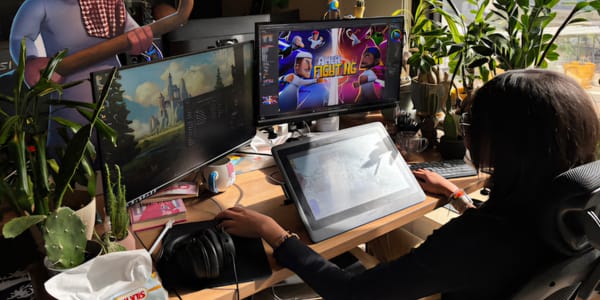The problem with mobile games today
Reminiscing the good old days...
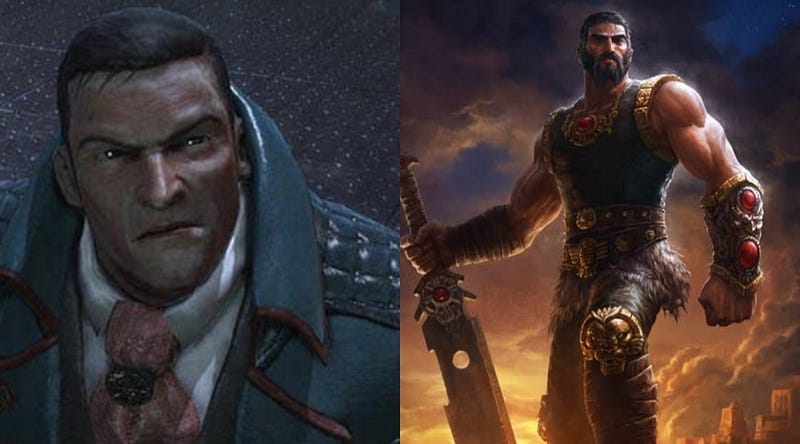
In recent years, the mobile games industry has transformed with advancements in technology and the growing popularity of smartphones. However, despite the availability of high-end gaming devices with powerful hardware, many enthusiasts and fans of mobile gaming can’t help but notice a decline in the quantity of compelling mobile games as opposed to console and PC despite mobile being the dominant platform in the games industry..
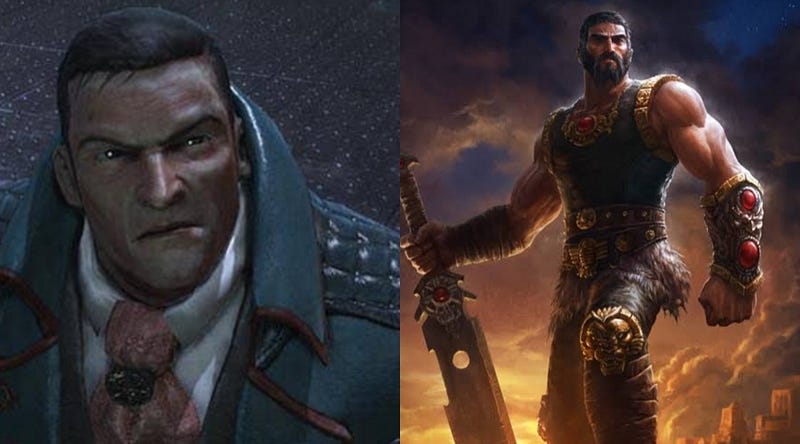
Around five to ten years ago, low to mid-range Android and iOS devices dominated the market, equipped with limited RAM capacities and moderate processing power. Despite these constraints, developers managed to create exceptional mobile games that captivated players worldwide.
Titles such as Gameloft's Modern Combat series, Epic of Kings, Eisenhorn Xenos, Six Guns, Brothers: A Tale of Two Sons, GTA series, N.O.V.A 3, FIFA 14, Real Racing 3, Fahrenheit: Indigo prophecy, The Jade Empire (Special Edition) and many others that went on to become beloved classics, proving that great gameplay experiences could be achieved even with modest hardware capabilities.
The current scenario
Fast forward to the present, where high-end gaming devices boasting impressive specifications have become more accessible to the average consumer. These devices are equipped with ample RAM, powerful processors, and improved graphics capabilities. However, despite these advancements, many mobile gamers feel disappointed by the lack of compelling games that take full advantage of the capabilities that come with these high-end smartphones.
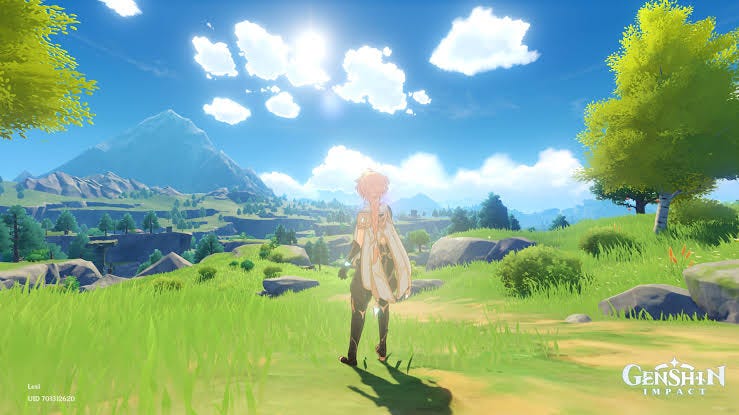
I mean, sure we’ve gotten quite a few amazing games of late such as the likeable Genshin Impact, Call of Duty: Mobile, PUBG, eFootball: Mobile and many others. However, these games are infamous for their consistent demand for a stable internet connection, lack of a captivating narrative and dozens of in-game items that players might have to purchase to enjoy a game to its fullest. Not to talk about the often ridiculous updates that come with the likes of Genshin Impact and Call of Duty: Mobile. How did we go from enjoying offline games with great storylines to putting up with online games with little to no story but always wanting to sell us something via in-game purchases?
Cancellation of anticipated games
Another concerning trend is the cancellation of some anticipated titles even before they get to see the light of day. EA's Battlefield was easily one of the most anticipated shooters that was set to arrive mobile earlier this year after its announcement in April 2021. After spending a few months in beta, EA announced it was discontinuing development on Battlefield: Mobile and shut down the game’s development studio, Industrial Toys.

In another EA letdown, Apex Legends: Mobile which was released on May 17, 2022 and amassed over 10 million downloads was axed from the mobile platform. According to EA, the experience did not meet player expectations and the game was taken down on May 1st, 2023, nearly a year after it launched (at least we got to play that one for a while).
Square Enix's Just Cause Mobile, which was supposed to mimic the bombastic action of the console and PC counterpart on mobile, was scrapped shortly after its availability in early access. The game has now been removed from app stores.

Promising mobile games are often discontinued due to various factors such as development challenges, financial constraints, or shifting market demands. This can be disheartening for both developers and players, leaving the mobile gaming community craving more immersive and satisfying experiences. And even the games that weren’t cancelled don’t always turn out so good. I mean just look at the new Devil May Cry: Peak of Combat, it’s a complete mess that would make one question the fate and future of mobile gaming.
Challenges facing the mobile platform
Several factors contribute to the current state of the mobile games industry. One major challenge lies in the increasing complexity and cost of game development which is seemingly affecting both mobile and console developers. As player expectations rise, developers often face pressure to deliver visually stunning graphics, engaging gameplay mechanics, and rich storytelling. Achieving this level of quality within the constraints of the mobile platform can be demanding and time-consuming. While this can be true for some small companies and indie developers we could ask whether behemoth companies such as EA even take the mobile platform seriously at all.
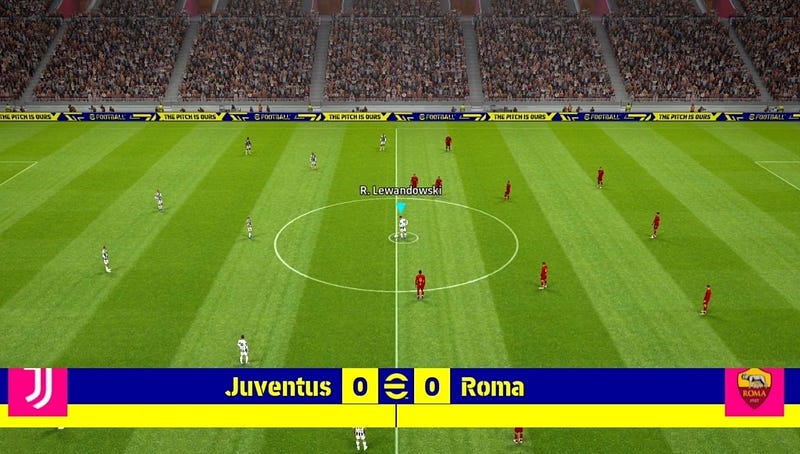
Surprisingly, a lot of the visually stunning games like Genshin Impact, Black Desert Online, LifeAfter, Undawn and Badlanders are coming from China/East-Asia and SouthEast Asian region, keeping the mobile platform alive.
Another issue is the monetization model prevalent in many mobile games relying heavily on in-app purchases and advertisements. While these methods can be profitable for the company (especially if they're a small team), they can also compromise the overall gaming experience, leading to frustration among players.

Striking a balance between generating revenue and providing enjoyable gameplay has proven to be a delicate task for developers. An example of this is Telltale Games, renowned for offering games with captivating narratives, but apparently had to shut down as they were unable to secure funding to keep the company afloat and is now owned by LCG Entertainment, operating, and marketing games under the Telltale name.
Reviving the mobile gaming experience
To reinvigorate the mobile platform and bring back the excitement of engaging games, several strategies can be explored. Firstly, developers can focus on enhancing the depth and quality of gameplay, ensuring that each title provides a satisfying and immersive experience. Emphasising innovative mechanics, compelling narratives and rewarding progression systems can help captivate players and differentiate mobile games from their console and PC counterparts.

In addition, adopting alternative monetization models that prioritise fair and ethical practices can improve player satisfaction (loot boxes are not the answer). In the industry, IAP can be beneficial, but developers should be aware of how different types of gamers spend money. Casual players have different spending habits compared to core and gamers. Core gamers are willing to pay upfront for a game, but may not spend as much on a free download.
Offering upfront pricing options, removing intrusive advertisements, and providing value through additional content updates that actually make the game better can foster a more positive gaming experience. If a player has to spend over 5GB to update the likes of Call of Duty Mobile or Genshin Impact every month, then they're likely to spend less time playing that game (or play it with frustration).
To round things up
The state of the mobile games industry has evolved significantly in recent years, from the days of mid-range devices when the mobile market was worth 12.8 billion, to the current era of high-end gaming smartphones when the mobile gaming content market is worth 127.3 billion according to a Statista report.
While there are challenges in delivering exceptional games that meet player expectations, the potential for innovation and revitalization remains promising. By focusing on gameplay quality, offline offerings, and fair monetization, developers can help restore the mobile platform to its former glory and create a thriving ecosystem of mobile games that are worth playing.



